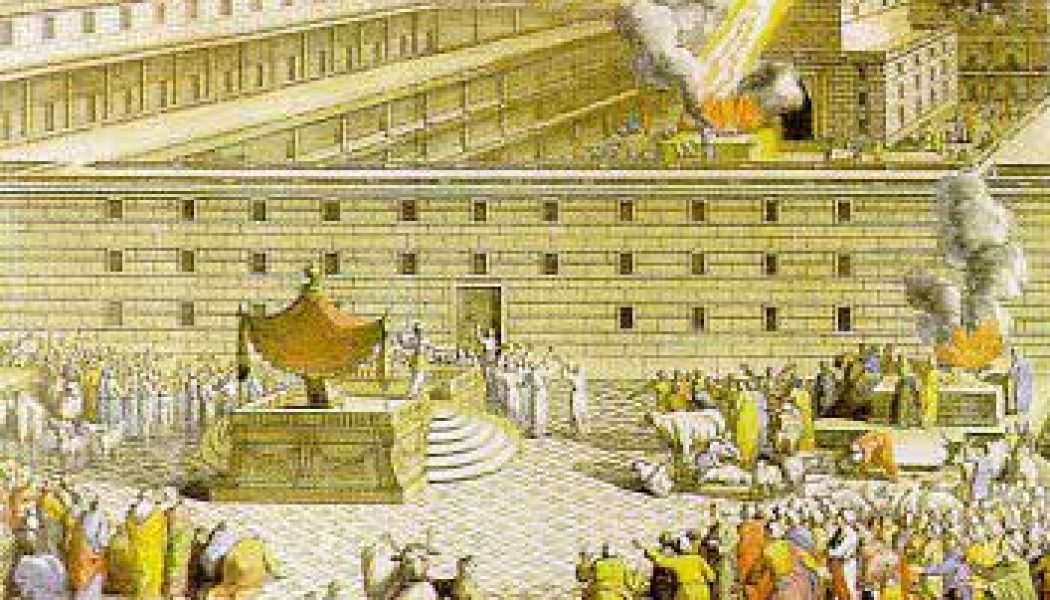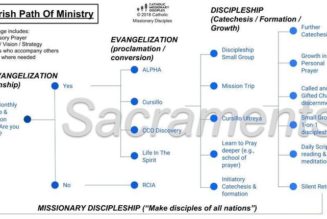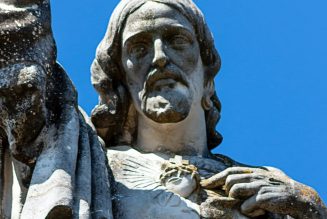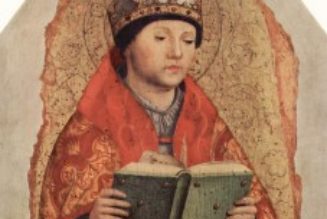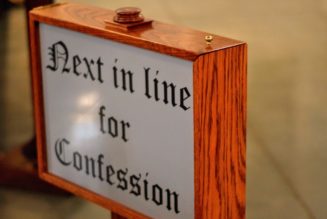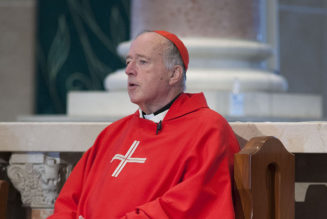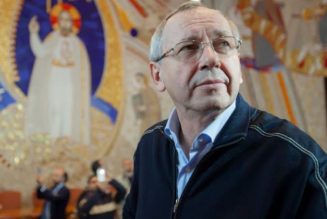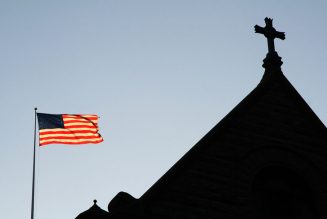
The reading for Tuesday’s Mass (Tuesday of the Third Week of Lent) was astonishingly applicable to our current situation. It also brings up a controversial question: are we experiencing punishment for our sins? The modern world has grown proud; we have largely forgotten our vulnerability. Worst of all, we have collectively cast God aside. In this sense we do not need to directly attribute this chastisement to God. Rather, the deep wound to our own sense of invincibility is itself the source of our pain and punishment.
We have been felled quickly, bewildered with an intense fear unthinkable just a month ago. Much of the fear is focused on our mortality. The lack of supernatural faith and the heavy focus on “this world,” a world that seeks only material blessings, fuels this fear. To those without faith, death appears to be the end of everything.
Let’s look at the reading from Tuesday’s Mass (Daniel 3:25, 34-45):
Azariah stood up in the fire and prayed aloud:
“For your name’s sake, O Lord, do not deliver us up forever,
or make void your covenant.
Do not take away your mercy from us,
for the sake of Abraham, your beloved,
Isaac your servant, and Israel your holy one,
To whom you promised to multiply their offspring
like the stars of heaven,
or the sand on the shore of the sea.
One of the difficulties of this crisis is the uncertainty; we don’t know how long it will last. We ask the Lord not to deliver us up “forever,” for with no end in sight it may seem like forever. We must pray for God’s mercy to come suddenly, unexpectedly—even if we do not deserve it.
For we are reduced, O Lord, beyond any other nation,
brought low everywhere in the world this day
because of our sins.
Some people believe it is wrong to speak of the role of sin in this crisis, but the sin referred to here is our collectivesin. A virus may come from a natural source, but it has been aggravated by both human action and inaction, some of it sinful. Our biggest sin, however, is our pride, which leads us to believe that a crisis such as the one we are experiencing is not possible, that we are invincible. How quickly this virus has laid us low! We think, because of our towering buildings, economic power, and advanced technology, that we are not vulnerable to the things our forebears faced. It would appear that we are not. I, too, have been rocked back on my heels by the terror that has come so swiftly upon us. I, too, have learned that I must check my pride and humbly accept this blow.
We have in our day no prince, prophet, or leader,
no burnt offering, sacrifice, oblation, or incense,
no place to offer first fruits, to find favor with you.
Azariah, who prayed this prayer, had experienced the destruction of the Temple in Jerusalem and the end to the sacrifices so dear to the Jewish people.
I am deeply saddened at the end of public Masses across the country and the world—just when we need them most. Even the great celebrations of Holy Week and Easter seem to be in danger of cancellation. I am grateful that the private celebration of Mass by priests is at least still possible.
But with contrite heart and humble spirit
let us be received;
As though it were burnt offerings of rams and bullocks,
or thousands of fat lambs,
So let our sacrifice be in your presence today
as we follow you unreservedly;
for those who trust in you cannot be put to shame.
In the current situation, during which we cannot gather together, we must make repentance and humility the focus of our private prayer. We must also deepen our commitment to follow the Lord “unreservedly.” I have seen and heard the pain of so many of the faithful at the loss of Mass and regular reception of the Eucharist. This should increase our longing for and appreciation of the Lord’s Body and Blood and stir within us contrition for our indifference. May our loss become gain as we hunger more intensely for the Holy Eucharist.
And now we follow you with our whole heart,
we fear you and we pray to you.
Do not let us be put to shame,
but deal with us in your kindness and great mercy.
Deliver us by your wonders,
and bring glory to your name, O Lord”
Yes, Lord, we ask for a miraculous cure for both this disease and our fear. Deliver us by your wonders, O Lord.
The song performed in the video below, Tristitia et anxietas, was composed by William Byrd as a lament for English Catholics, who lost almost everything in the English “reformation.” One of its lines, translated, says this:
Sorrow and anxiety have occupied my inmost self.
[embedded content]
